Category Archives: Uncategorized
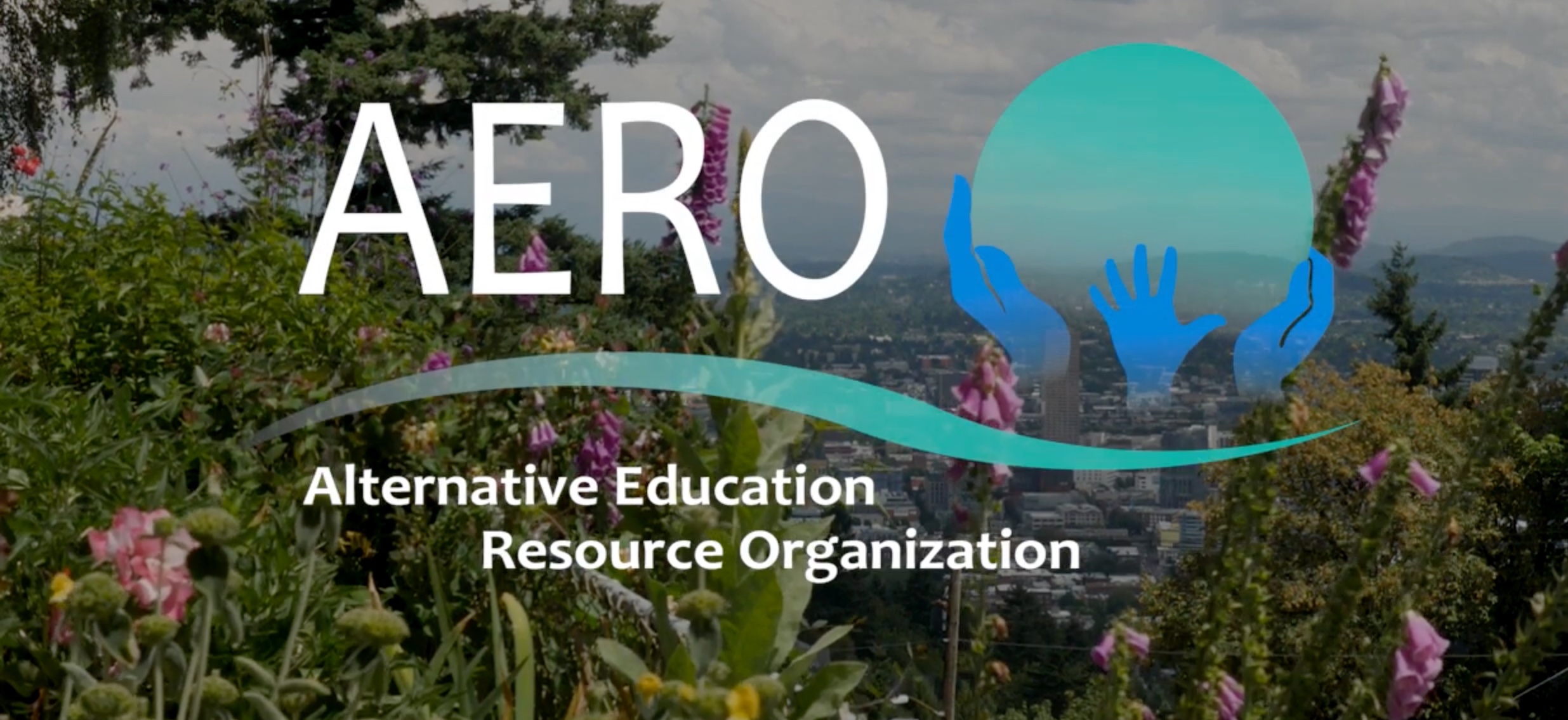
Alternative Education Resource Organization (AERO) conferences have been the world’s premier alternative education conference for many years. It is the top gathering place for anyone interested in learner – directed, learner – centred alternatives.
“The Pandemic Has Changed Education: What Will We Do Now?” was the central theme of this year’s edition, a multigenerational event held at the end of June.
The focus was on actions that participants can take to further learner -directed, learner – centred education all over the world. The conference featured youth-led sessions, prominent keynote speakers (Peter Gray, Kate Robinson, Dayna Martin and Ulcaa Jansen), mini-talks, workshops, networking, pop-up sessions, sponsor tabling sessions, and youth collaboration time.
At the 2021 edition, we held a workshop on “The neuroscience of heutagogy” – the next step in the science of education, self-directed learning on its own pace and terms.
This year, we participated with a workshop in which Adriana Vasile (Brăescu) – Founder of Re-Design Association and CEREHARD – and Miruna & Radu Brăescu shared the experience of a different educational path, from a triple perspective, in a society marked rather by suspicion and prejudice towards any kind of education pursued outside the standard system.
“Education Otherwise Than At Standard School (EOTAS) in Romania” is a conversation structured in four parts:
Part 1 – The family’s experience with the standard system, the need to find an alternative form of education, and the beginnings of what had since became CEREHARD.
Parts 2 & 3 – Questions, fears, searches and unique perspectives – mother and children – relative to this educational journey.
Part 4 – Am I doing the right thing? – sharing experiences with other conference participants.
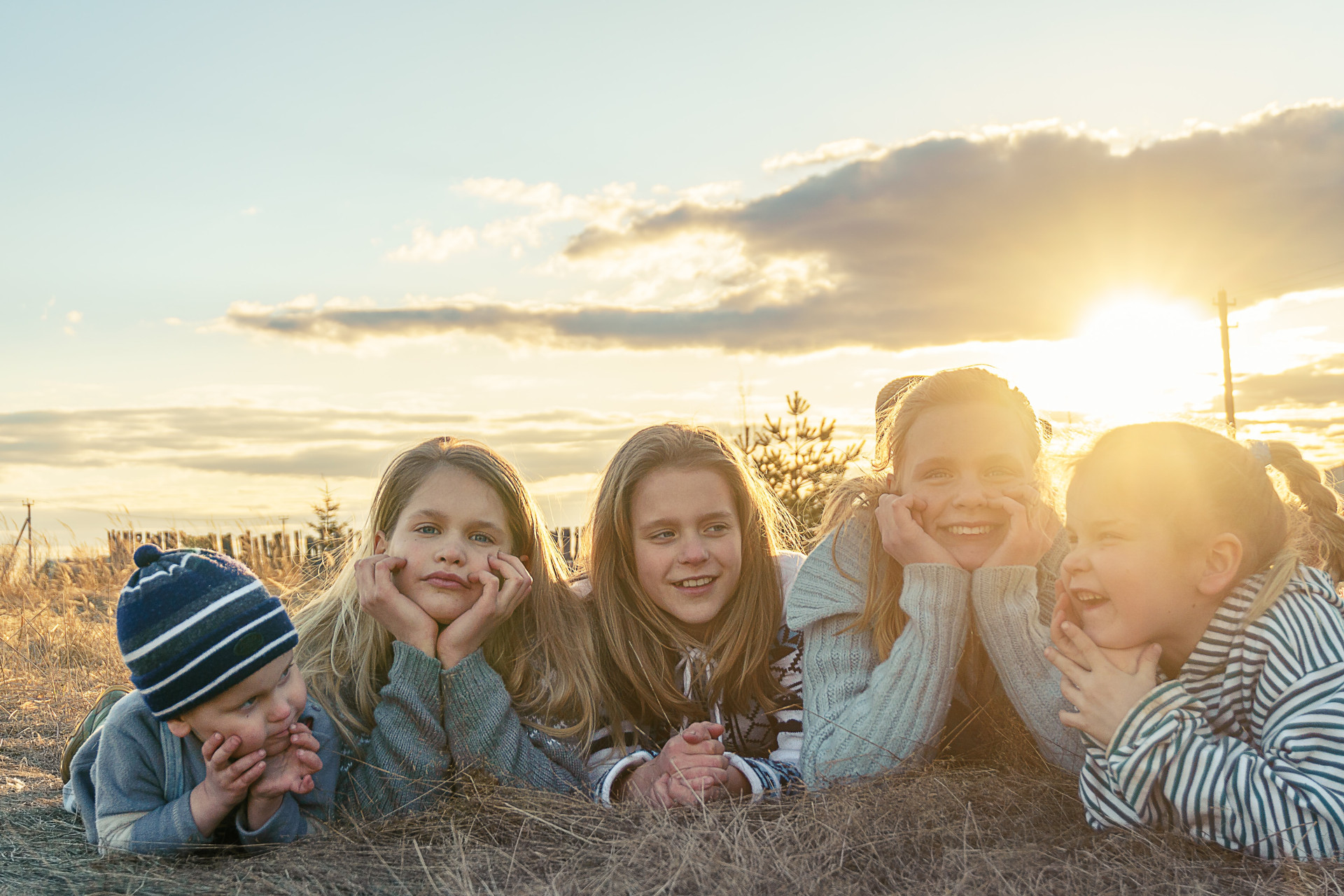
32 years ago, Romania was one of the soviet satellite states which was granted freedom after more than 40 years of communism – first 18 of stalinism. This freedom came with deep moral and material problems, still unsolved – this is why the Romanian society is still highly corrupted, and the brain drainage is huge.
One of the most affected is Education – the last and the least, together with Culture, in public investments. The quality of Education was already low, most of the efforts in schools were (and still are) diverted to private tutoring, by the same teachers hired in schools. Kids in standard school have to attend the “free” regular courses, then pay extra-hours with usually the same tutors. The most solicited are the Math and Languages teachers – the disciplines preferred for standard testing. The recipe is “simple”: learn by heart, as much as possible, train to get a good grade, answer questions you never think about in your life, then get lost from a system which behaves like an almost illiterate babysitter. Of course, there are the so-called good schools, with high standards, most of their graduates enrolling abroad, in the end. The public investment in a system that creates future experts for abroad is, of course, minimum.
Some parents, tired of the experiments the Romanian educational system is testing on their kids, decided to quit the standard school. The legal terms to do that are “grey” enough to let you interpret the law as you like…. Some of the parents enrolled with the so-called umbrella schools in USA, others joined this private initiative launched by Re-Design – a ngo founded at the end of 2013, to promote the “ideal school” concept – an upgrade of the ancient Library of Alexandria, where liberal-arts approach and Project Based Learning is general practice.
In 2017, Re-Design was registered as one of the groundbreaking schools around the globe in the Edumission contest – selected by a jury which consisted of famous figures like Ken Robinson, Peter Gray, Sugata Mitra, Yaacov Hecht.
CEREHARD is the acronym, in Romanian, for Re-Design ngo Resource Centre for Holistic Education. It is accredited as British Curriculum School EOTAS type – Education Otherwise Than At (Standard) School by PENTA International, the UK inspectorate working with UK gov for piloting and accrediting British Schools Overseas. The “heart” of CEREHARD concept is the etymology of the word “school” – “skole”, in ancient Greek, means leisure time usually spent for philosophy.
CEREHARD encompasses all the educational alternatives outside the standard system, and promotes the connection between education and neuroscience. One of Re-Design ngo projects is this neuroimaging evaluation centre, where brain-prints are analyzed in order to personalise learning at its best. Parents are, perhaps, the most important component of this educational alternatives hub, where they can set learning pods / educational centres where kids learn by doing from talented facilitators or experts who feel the need to share their knowledge.
Andragogy & heutagogy replaces pedagogy, and self-directed learning is supported by adults who behave like catalysts, rather than as teachers.
The students enrolled with CEREHARD can sit IGCSE and AL to be enrolled in Universities, or simply apply through interviews and portfolios. At this moment, most of the grown ups set their own small businesses, mostly online now, working already as future entrepreneurs.
Originally published on EUDEC (European Democratic Education Community).
Foto credit Unsplash.com
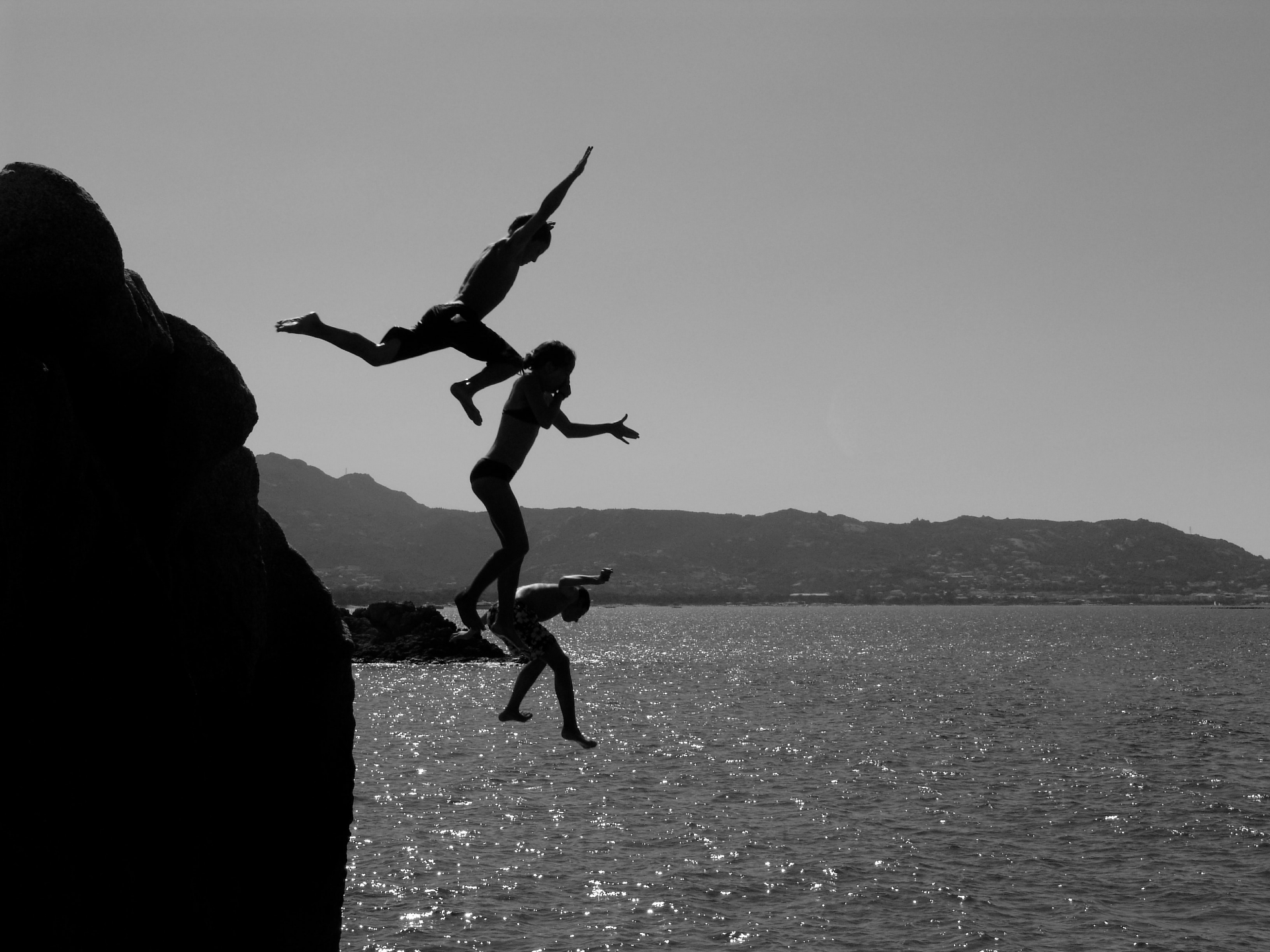
For some, the second week of February meant going back to school.
For others, this “back to school” does not exist. Instead, they experience an alternative approach where learning takes place continuously, on a rhythm and coordinates that suit them and make them enjoy what they discover and learn.
Since many of you have recently joined this adventure named unschooling, we invite you to go through the fears we know you are experiencing.
So…take a deep breath and read on.
You made this choice for a specific reason.
Friends look at you full of suspicion or even reproach. Your family thinks you are wasting away your children’s lives. Everyone around you is talking about the importance of school. Panic is probably already in full swing.
The truth, which everyone knows for himself and his family, is that you made this choice for a reason. Maybe school was a torment for your child or perhaps he/she didn’t feel like he/she fitted in.
Maybe you are just tired of homework and the demands of teachers. Perhaps you are tired of running around and are no longer feeling like a family, or maybe you are suffocated by the lack of choices. Maybe a little of each. Whatever the reason, the decision is yours. It is your choice.
However, along the way, do not forget why you chose this path.
Put up barriers when dealing with the “friendly” advice of those you interact with. Think about how much you want to share with or explain to others. Talk to your children, especially if they left the traditional system, about how they want to respond when approached on this topic.
You will not find your rhythm in a just few days.
Many of those who choose unschooling have an idealized image (children accustomed to the excitement and delight of learning overnight on their own, whole family reading in the evening, exploring museums or parks on sunny days, volunteering for various causes, etc.)
The reality is rarely this simple. It looks more like this: children watch TV for hours, play games on the computer for days or months, and no one seems to want to leave the house.
At this stage, you need to consider a few things:
1. All these manifestations are quite normal and are called de-schooling. Children need TIME to relax and reconnect with themselves, to experiment and discover what they like. The children who have been in the traditional school will need an even longer time to get rid of the reflexes and habits acquired in school.
2. Your children are not you, and they will most likely make different choices than you. One of the defining aspects of unschooling is trust, and this is the moment for you to start practising it if you haven’t already.
Trust their choices. Trust that they will choose what they need at the right time. Make suggestions and give advice, but understand that by offering trust you create a partnership, a framework in which you do not act as a teacher. This way, the child will feel safe and will seek to discover what he likes and wants to learn.
3. Learning happens anywhere and at any time because it is in our nature. Just because something doesn’t look the way we were previously told doesn’t mean it doesn’t happen.
The main goal is to create a genuine experience for your family, not to copy other people’s experiences.
The experience of other families is quite valuable, especially that of the people who have long been in this educational alternative, but, in the end, it only counts as a source of inspiration.
You create your own experience. Every family and person is different, and unschooling can be completely different from one family to another.
That is a good thing. It’s actually wonderful. Enjoy! You have the chance to create a lifestyle that suits the needs of YOUR family.
Find people like you.
The support of friends and people who share the same values as you is very important. You need their support.
It is one of the reasons why we organise CEREHARD Conversations (online meetings for the time being) in which parents and children exchange ideas and opinions and offer their own experience to other parents.
Experiment and be flexible.
Try different things with your children and see what works and what does not.
What is the ideal time together in the family? What about outside of it? What do you like everyone to do, and how do you enjoy doing them? What are your needs, how do they complement each other, or how do they fight head to head? How can you address them so that everyone feels heard and respected?
One of the advantages of this lifestyle is this flexibility, the freedom to change things when they do not work and adapt to your child evolution and yours.
It is a process that takes time, trials and errors, but it is an exercise worth doing because we learn skills that are going to be useful all our lives.
That is true, especially for children, because no one knows what the future holds, and therefore flexibility and adaptability are essential. Just look at 2020!
Focus on the here and now, not on an unforeseeable future.
It is easy to fall into the “what-if” trap. We are all familiar with it. What if the children will want to go back into the system? What if they will want to go to college? What if we, as parents, do not prepare them well enough for the future?
There are many “ifs” out there that do not let us sleep at night, especially these days when finality is more important than the process.
Is that what you want for your children?
A competition, to check off some boxes?
You better focus on what is in front of you, here and now! Things can turn completely upside down overnight (see the pandemic).
Build relationships. Learn. Do your thing, whatever that is. Address the “what ifs” when they appear and become relevant, instead of panicking about a future that hasn’t happened yet.
Children will catch up and learn when and if they will decide to return to school. Adolescents take their entrance exams if they intend to do so. Regardless of age, when there are genuine motivation and free choices, all children assimilate the information they need for exams.
Enjoy each other.
Before learning, there is a context – how we live, how we develop relationships and connections, and how we build trust. Let us focus on cultivating this environment, so learning will come naturally, step by step, through associations and relationships, through the exercise of trust, and by taking your child as a partner.
Nobody leads nor is led in this. Instead, we seek to enjoy our experiences, share them with others, and go with the flow.
Not every day will be perfect.
It is a choice that, through acceptance, joy and focus, will be a wonderful experience.
The tips above are offered by Idzie Desmarais, an adult raised outside of school and a lifelong learner. You can find more about her here.
Her experience is the first in a series where we aim to present educational experiences other than at school in societies and cultures that have lived in this paradigm for decades.
Their experience is valuable, and we hope it will be useful to as many of you as possible.
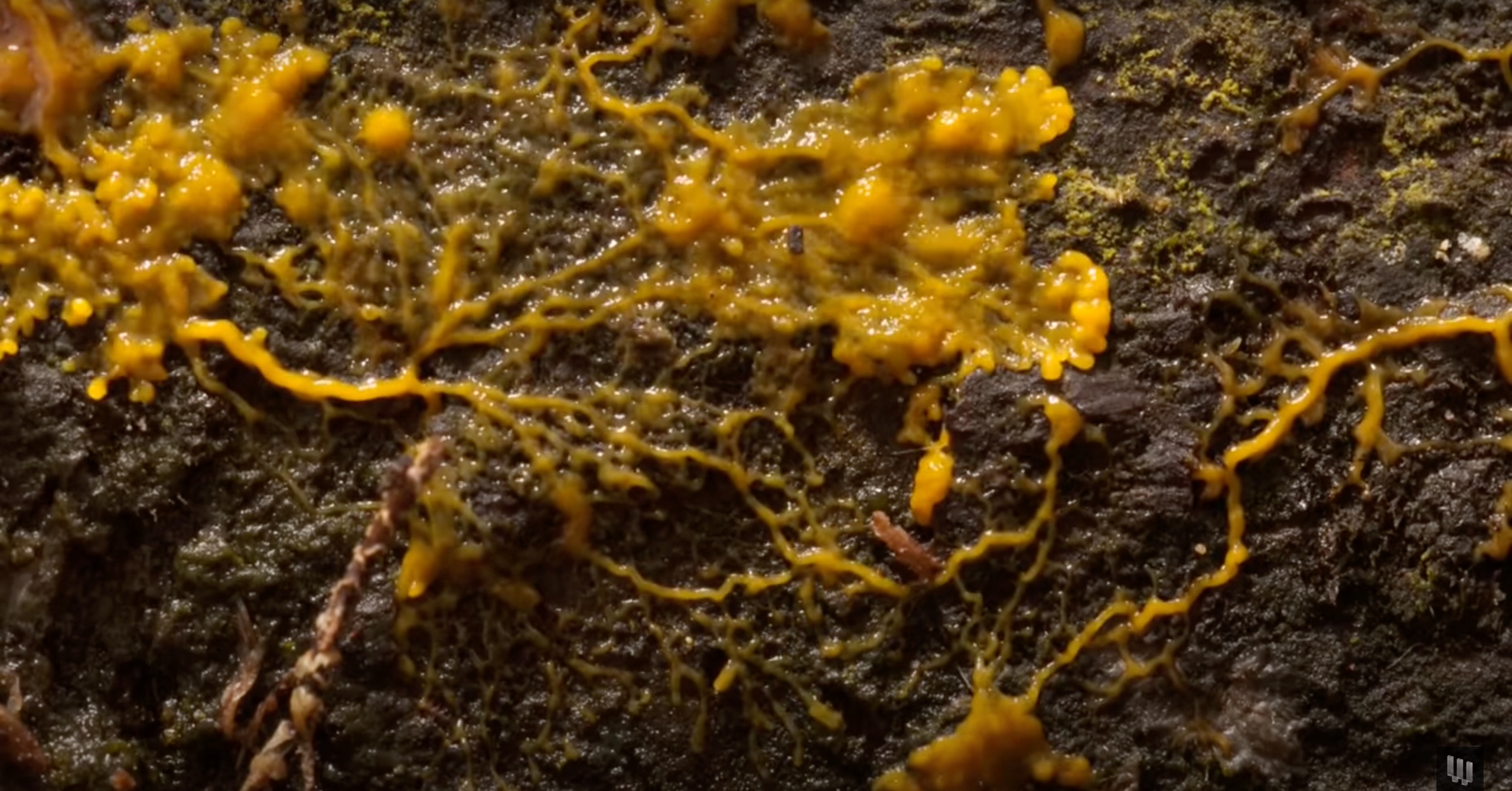
I recently saw a clip of a bear running on the slope after a skier. I realised that spring was coming, we were coming out of hibernation, and we were sticking our heads, like snowdrops, out of the burrows where we had weaved our stories.
We may be more or less scared, but perhaps we will understand that the man is not the master of nature, that, at least for the time being, our social organisation is far inferior to even an anthill, and that while decisions belong to us, at the same time, they make us responsible.
I don’t know if you have seen the video with the organism called “blob”. The cells that make it up behave like the neurones in our brains. They communicate, decide together and are part of a network of unmanageable complexity, hard for our minds, accustomed to few and fixed ideas, to fathom.
I think that pretty much describes where we are now.
We have acquired a lot of knowledge, and we only have to “learn” what to do with it.
We are a “blob” who optimises his survival and makes decisions, hopefully, informed, resulted from collaboration among its invisible components.
That “blob” has several nodes among which all kinds of connections are continuously built and broken. That is the dynamic of the tremendous complexity that we live but also generate. Each node has a specific task, it targets a different territory and maybe even has a different colour.
From one node, other nodes can start, which are unceasingly formed or decomposed. Dynamism is one of the essential characteristics of the social organism we have created.
You can see below how it works and what is the logic of this “blob”.
Why this complicated story?
Because in CEREHARD there are people with very different structures. Nevertheless, we all want to be allowed to educate our children outside the current bankrupt system.
Each centre that includes Cerehard children, under the Cerehard name or a different one, has its own characteristics. If a family is not compatible with the philosophy of a centre, it can migrate to another one closer to its views.
Some families want structure, schedule, exams. Others do not want any of those. Some families do not even want to join a centre. That is why CEREHARD is EOTAS, Education Other Than At School, a collection of variants from which you can try what suits you the best.
Once again, we ask you to upload, in the children’s folders, everything you think will help us to keep an update on your progress. An activity diary in which both you and your children to write may also be useful to us. You can store up there the joys, the tears, the fears and other gnawing feelings.
As a school, we are planning to participate in the PISA test in 2025. I am convinced that, on that occasion, we will all see that personalised education leads to positive outcomes. The training itself consists of solving everyday problems through projects. Together with the children, study everything that “consumes” them. Their questions represent the starting base: why are the green leaves, what does the dog say when it barks, what is fear, etc.
If you stumble, ask for help. We, trainers, parents, and specialists on various topics, are here, with you and for you.
Are you afraid to navigate freely in search of answers?
Go through the educational platforms, the books and the textbooks you like. Just do with your children what you would have enjoyed your parents or grandparents to do with you.
Learning happens through experimentation and making “mistakes”, and also through associations with emotion-inducing stimuli.
If you have not already read this article, I warmly recommend it to you. It helped me a lot when it was published in 2012, the same year I took my children out of standard school.

The above title is inspired by the famous line from the end of the ”Moromeţii”: “time was running out of patience”. I believe, however, that (the) time is generated by our own minds, our patience and, most of all, our impatience. Look how an ultra-tiny creature has turned the planet upside down, helping us to sort out the messes left for future resolution within a process called “procrastination” (or “amânare” – in the sweet Romanian language).
Indeed, it is easier to invent drawers to hide all kinds of fears, like some old socks that we cannot bear to throw away than to contemplate ourselves in conscious silence (almost impossible to attain).
Together, we and the time learn how to be patient.
NO, we will not become another school in the image and likeness of those sanctioned by the systems currently trying to get accustomed to what is new in education. We are something else, and the systems will adapt to us, instead of us adapting to them.
I am not talking only about CEREHARD. There are dozens, if not hundreds, of similar undertakings in the world, developed by parents who know they can make a significant contribution to the lives of their children and their communities. As an institution, the school is useful, necessary, and admirable, but only if it adapts to the needs of those it guides.
In the UK, it is not schooling that is compulsory, but education. I am going to repeat it until someone will address this issue in the Romanian legislation:
The Constitution gives us the right to educate our children according to our own convictions. On the other hand, the law of education requires us to take them to school, even when school is not necessarily a learning environment.
The Law of Education needs to be changed. For the time being, it violates both the Constitution and the Human Rights Act. There are excellent schools with great teachers out there, but the sad reality is that they are far fewer than those carrying flaws from the times of Eminescu and Caragiale.
Until the quality of the educational process in schools is improved, parents are willing and able to take care of the education of children, their own children and those within the community they belong to. Since these communities include all types of families, equality of chances is promoted as well.
Children learn much faster and easier from available adults who support them in a trial-and-error journey than from a sordid environment where they are punished for their mistakes (which sometimes are not even mistakes).
I felt the need to repeat these ideas because many parents have one concern: when do we enter the “ranks of the world”?
That is to say, the SIIIR. The Romanian state has some laws that must be respected, right? Otherwise, we are punished, and police or child protection services come to our doors, or so we think.
Well, those laws have gaps. They need to be supplemented or changed, and this can only happen if we draw attention to their flaws. We do this ALSO through the means required by HG 22/2007 that says that the schools using another curriculum must submit a file to Aracip for them to be included in SIIIR.
We are a school of thought, not an institution. We are a “school in the cloud”, without walls, benches and blackboards, and we ask to be seen in these terms, not in those imposed by a Romanian education law that is unconstitutional. We are currently compiling the file for Aracip, and we have the support of the UK Embassy and the British Council for that.
Together, we and the time learn how to be patient. Slow down. Let it be. Find your inner rhythm, both you and your children. When one’s heart is in one’s mouth, or one desperately tries not to make mistakes, learning does not happen.
When I set out on this journey, I knew neither its meanders nor its pitfalls. I had (and still have) only one goal in my head – the right to learn in my and my children’s own terms and to choose the right resources for them. We are not free-riders that use everyone’s resources. We pay half of our income in taxes to the state. That is just one of the reasons why the state must respect our rights.
We found out that the term ”homeschooling” reflects only a small part of what we do. Homeschooling is the school’s clone transferred at home, with subjects, tests, classes and everything else.
That is why we became EOTAS, a growing movement starting in the UK as an alternative for the children who do not progress in school.
This movement has become increasingly complex, mostly because its initial objective, the return to school, has evolved into another one – providing each child with an environment conducive to his development and offering support on the child’s own terms.
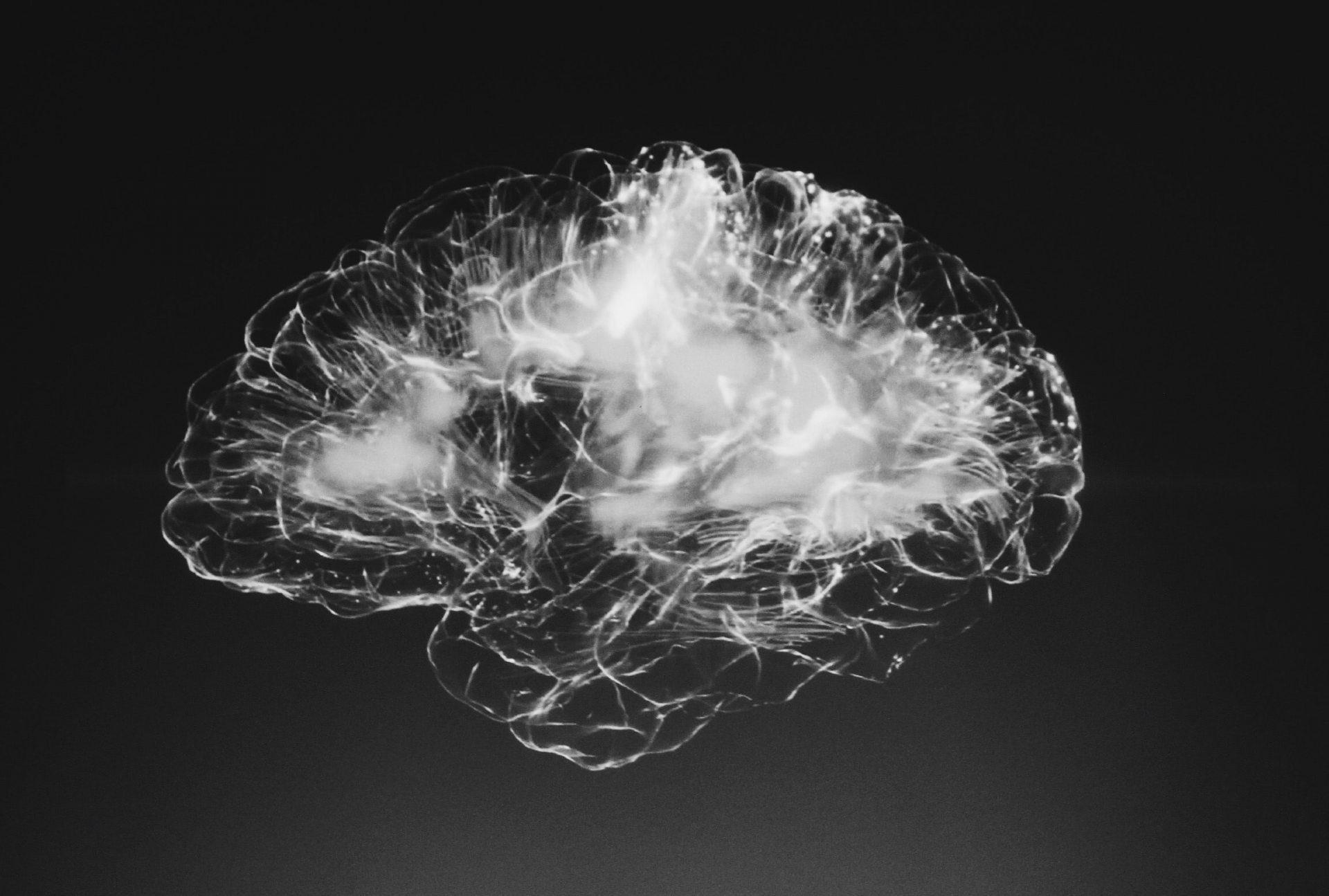
Myths are part of many people’s lives, and it is hard to give them up, even if science takes significant steps in demolishing them.
The three videos below present the episode of “Știință și Cunoaștere” (Science and Knowledge) show, on TVR Cluj, where I talked with Cristian Mureșanu about the myths of neurobiology, the use of the brain, the left brain/right brain myth, the influence of computer video games, the myth of genetic determinism, the myth of the first three years, the importance of diet, the role of exercise, and much more.
I invite you to watch them, and I hope they will help you dismantle your own myths.
Part 1:
Part 2:
Part 3:
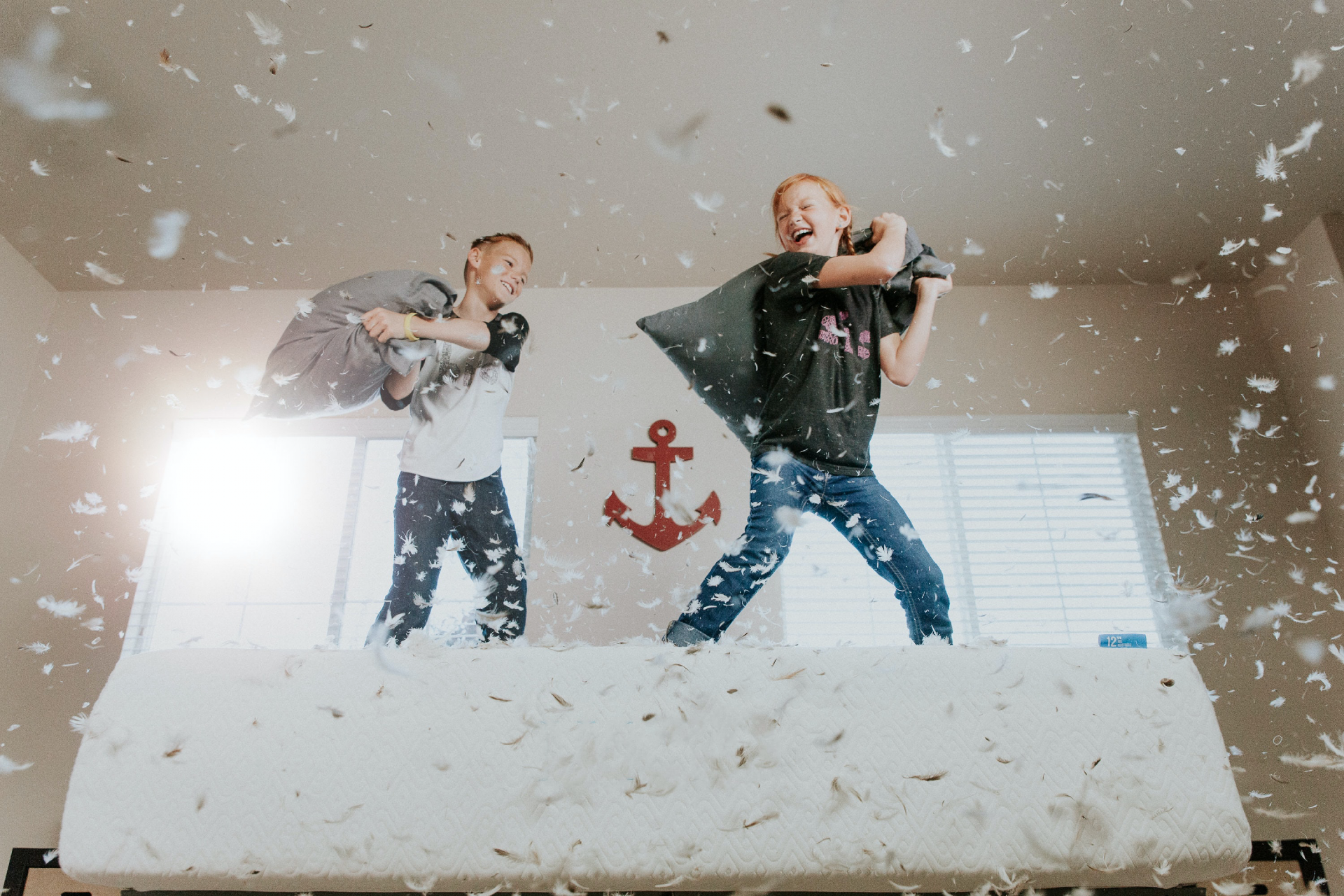
Like “holism”, the Romanian word “evaluare” (evaluation) stirs all kinds of emotions and interpretations. As survivors of all sorts of experiments and victims – vocal or silent – of various abuses, we startle when we hear words that, in different circumstances, made the difference between “admitted” and “rejected”, between “now” and “never”. Young parents who have not “caught” the “golden” times carry themselves the feelings described by their parents, from a time when militia or any other “organ” came to people’s door asking how they dare to exist in different terms than those sanctioned by the party.
The biggest fear of many parents who want to move out of the Romanian education system is that “the child protection services will come at their door” or that the police will “take their children”. It is not the first time and I am not the first person to point out that the “law of education”, as presently formulated, violates both the Constitution and the Human Rights Act by imposing the presence of children in an institution called “school”, regardless of the performance of that institution.
The authors of the law of education confuse the concept of school with the one of education, most likely drawing on the sweet custom of the Mioritic land where any correlation becomes causality. For them, the coincidence between education and school is a postulate, and there is no question of proving it. However, education is both a right and an obligation. The school is the institution that should deal with education. If she does not fulfil her duty to educate, then she cannot be declared compulsory.
Education is an ongoing process – outside the school too, or particularly outside of it.
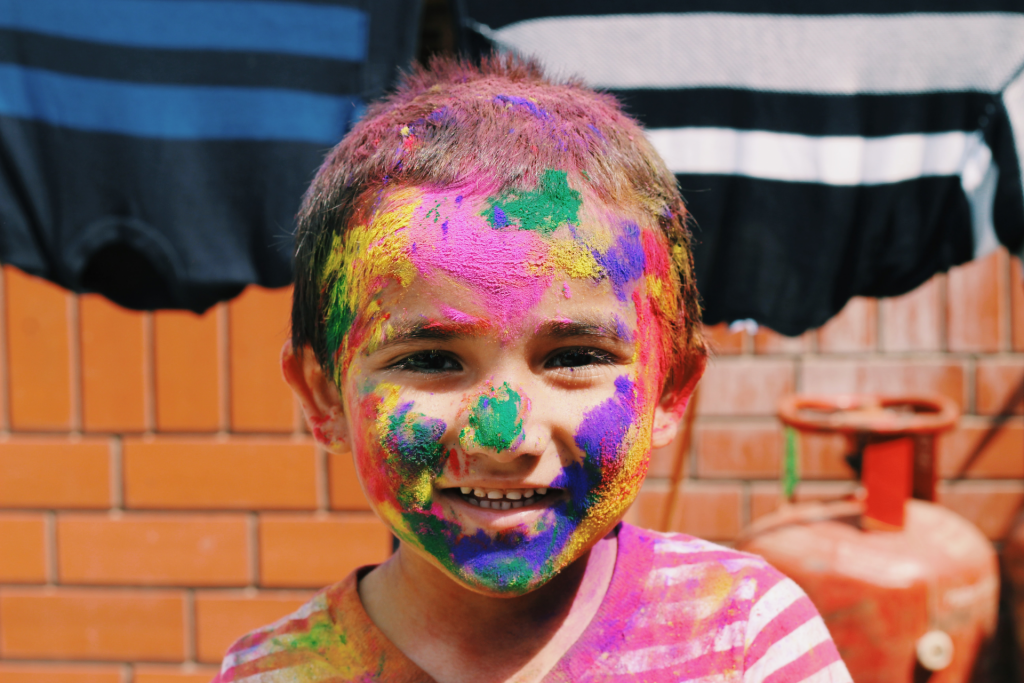
Let’s go back to “evaluare” (evaluation)… The original word is assessment.
It means “the process of gathering and discussing information from multiple and diverse sources in order to develop a deep understanding of what students know, understand, and can do with their knowledge as a result of their educational experiences; the process culminates when assessment results are used to improve subsequent learning”.
This assessment can be carried out in two ways:
- formally (summative), i.e. by standard testing – usually for English, Maths and Science (a combination of biology, chemistry and physics), at levels appropriate to the age of the child being tested;
- informally (formative), through discussions among the child, his family and one or more education experts. The discussions may seem “childish” – which is absolutely normal, as long as it takes place including… children – and they are supposed to free you and your children from the fears imprinted in you by the system you just left. The main purpose of the “informals” is for you to understand what you have to do next and us to make sure that what is happening to you is beneficial to you.
The assessments do not serve for “admission” of a child to Cerehard. They do not measure the child’s “level” and do not raise the child on a podium or lower him or her from it. There are “diagnoses” or findings of what you do with your children. The formal ones result in detailed evaluation reports of several pages.
In the past years, 2017-2018 and 2018-2019, when we had gathered only a few dozen families, the evaluations took place in person in several centres in Bucharest, Brasov and Cluj. The parents brought folders containing various materials – drawings, exercises, handicrafts, etc., everything they considered useful in showing us how the educational process had gone and what the children’s passions were. Some children gave entire recitals, others presented self-edited films about their daily activities.
Starting with the 2019-2020 year, Filbrit UK has suggested using Google Drive services for children to upload their work and not carry bookshelves with “evidence” anymore. For the year 2020-2021, Cereahard received G Suite for Education and functions as a school in the cloud, with its entire archive in Drive and folders for each child. It is a work in progress, and registrations are not closed yet – this is why we postponed the evaluations at the beginning of the school year.
CEREHARD is a unique pilot project.
There is no “know-how” and no “user manual”. The few people who started this project, with the help of Mark Evans, the director of the UK-based accreditation agency Penta International, went through countless trials and errors in order to sketch a few ways of working. It is not “ready” and will not be too soon, because each child is a case study, and we want to find the best way for each. None of the educational alternatives that have emerged over time has been built on existing models.
We do not collect unnecessary credentials and logos. We have the support and accreditation of one of the most proficient agencies – Penta International inspects more international schools than all the other UK agencies put together – whose people are willing to help us formulate what we want as clearly as possible. In this context, assessments are the equivalent of “taking your pulse” – only when you want it or consider it necessary.
Significant changes in education are expected on a global scale.
Take your nose out of the standards – they will no longer be valid. We are looking for creative, spontaneous, educated people, with logic and imagination, not for the ones “trained” for standards.
Many of the Cerehard alumni will become entrepreneurs before entering universities whose diplomas first must prove useful.
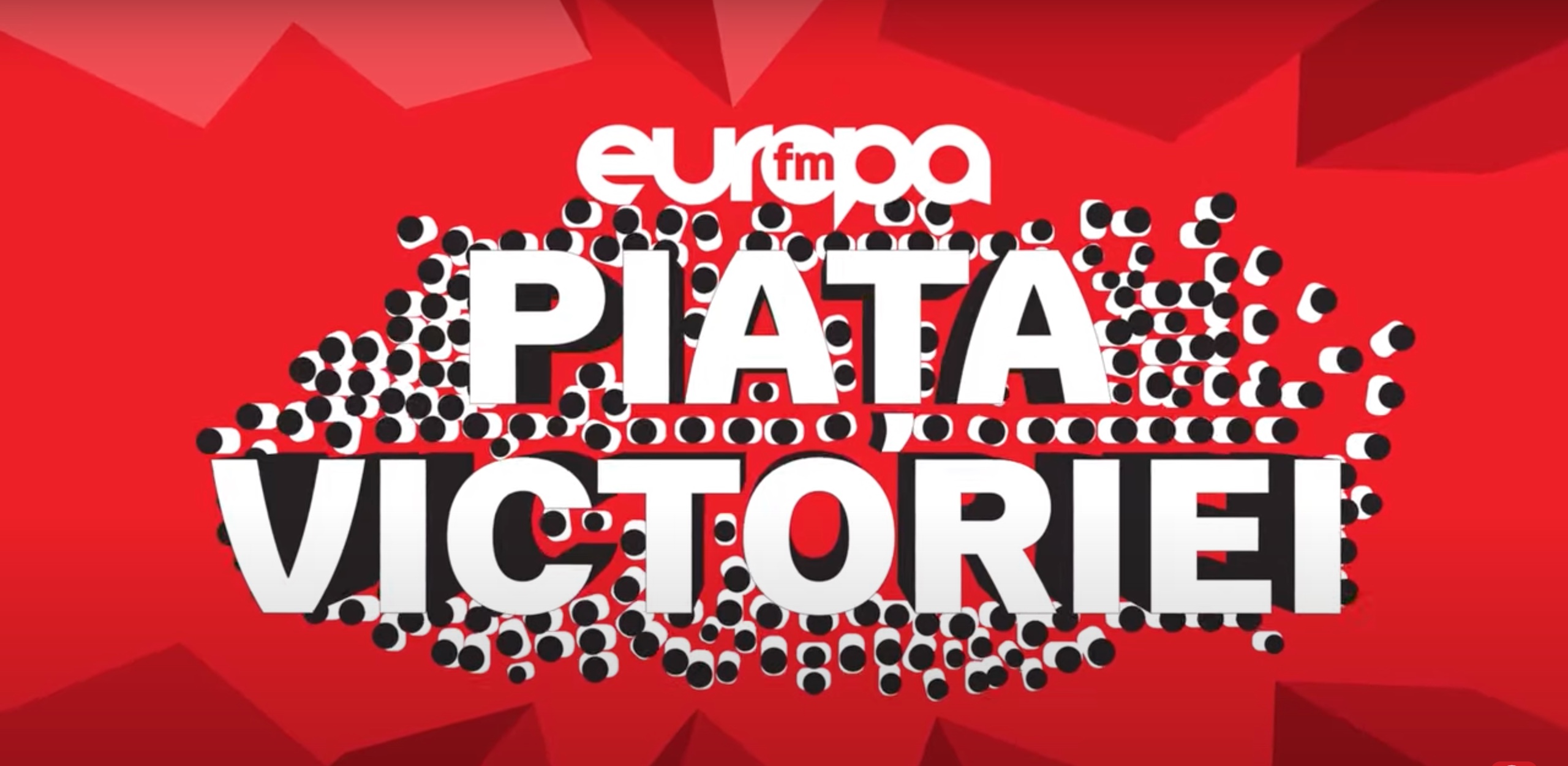
Is homeschooling a real alternative to classical school education in Romania?
What homeschooling is, and how is it regulated in Romania?
On Europa FM frequencies, Adriana Brăescu talked with Mona Nicolici about different kinds of education.
The vacation is over, and the summer is over, and so is the first week of school. As expected, this week, the main topics of discussion were the education during the pandemic and the problems faced by students, parents and teachers. Just days after the schools opened, more and more schools have switched to the red script, with online classes. At the same time, online schooling remains an eternal challenge for education in Romania.
On the “Piața Victoriei” (Victoriei Square) show, Mona Nicolici discussed these topics with Adriana Brăescu – a biologist specialised in neurobiology, the creator of the Re-Design project and the CEREHARD school, which promotes homeschooling and alternatives to classical education. Daniela Vișoianu, an expert in education and adviser to the Minister of Education, joined the discussion.
Watch the entire show below, in Romanian.
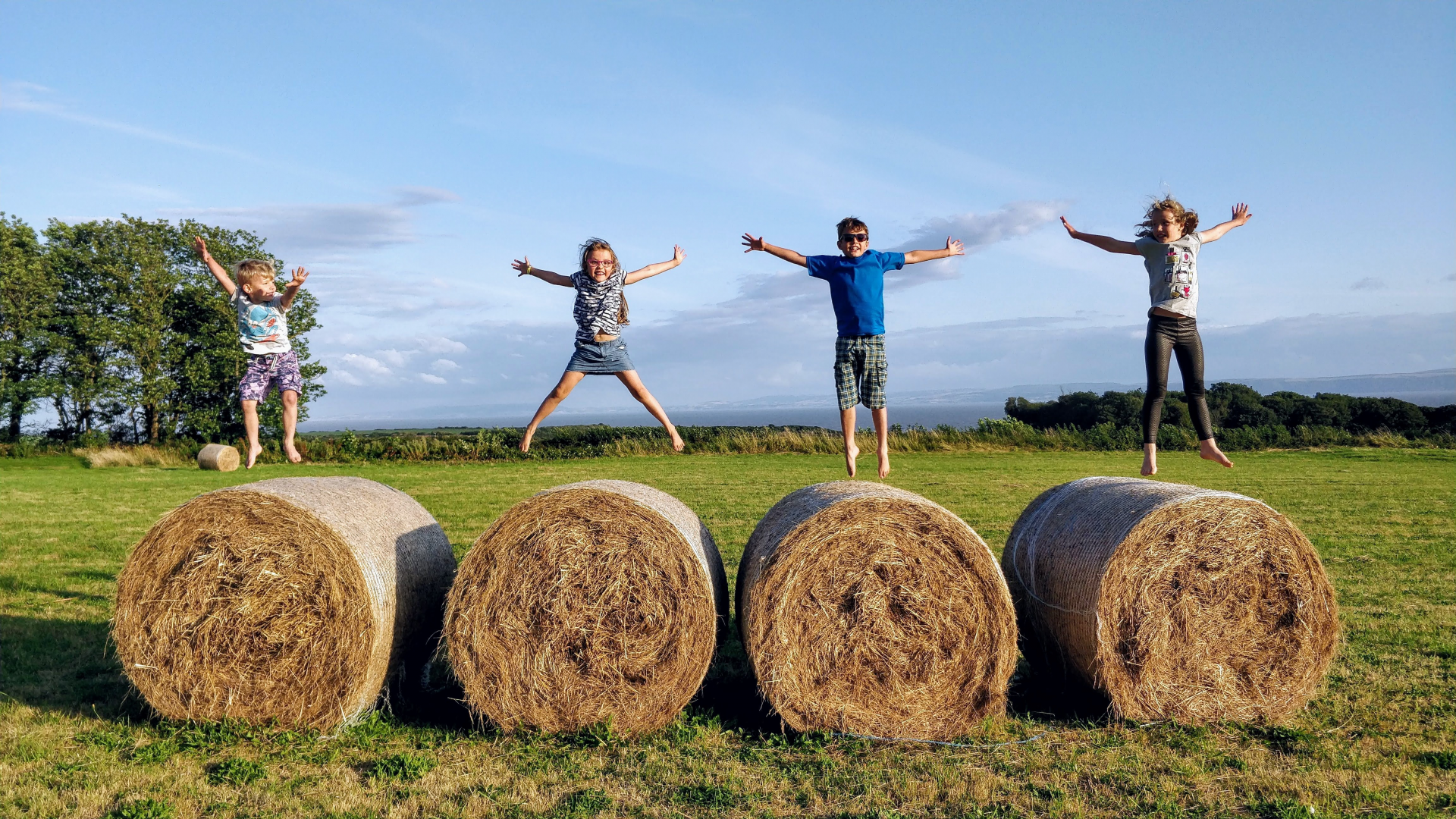
Obviously, I am kidding. Three years ago, at this time, a handful of people decided to formalise a path we had walked on before. At that point, we had come to the conclusion that the school was not synonymous with education and, besides obligations, we also had rights regarding the education of our own children.
We thought that a school that presented over 40 per cent functionally illiteracy rate should not be compulsory. We thought that we, as parents, had the constitutional right to choose the appropriate form of education for our children. We then embarked on a journey without having a “know-how”, but supported by the only accreditation agency of international schools and located in the UK. For them, too, it was (and still is) a new experience. We all escaped the material and legal walls and took on new and tempestuous adventures.
Our wall less school was coordinated and inspected just like a standard one.
What we have called non-formal evaluations are those dialogues/interviews that take place in all international schools between children/parents and the inspector several times a year. Inspector/teacher Mark Evans probed the quality of the educational process by surveying a representative sample of children and parents. Moreover, through these non-formal assessments, the children and their parents were able to relax. They understood the “atmosphere” of the whole process and gained enough confidence to go on an unbeaten path. Some children cannot wait for the interviews (which are set up 3 times per year – at the beginning of the school year, in February, and at the end of the school year).
For those who wished, formal assessments were set up – the standard tests in English, math and science. Based on those tests, children received assessment reports of several pages, as a kind of “diagnosis” of their learning level. These reports are not “transcripts” but rather descriptions of the cognitive characteristics of the children who took the tests, acknowledgements of intelligent approaches to problems, suggestions for solving and completing any “shortcomings”.
However, one of our goals is to reduce the number of these formal assessments, with grades and scores, and estimate a person’s ability and talent by what he knows how to do.
We support learning through projects and communication.
In our wildest dreams, children come to present full-fledged projects and describe them in details. At any prestigious institution, either company or university, a young person with a representative portfolio, with good cognitive, communication and adaptive skills is preferred to an individual who passed 100 exams with a maximum score.
At the moment, the usual path for a British international school is through the Cambridge exams on various disciplines. As I explained before, admission to any university in the world is guaranteed by at least three A-levels tests (usually specified by the faculty you want to attend). register) or the SAT. In Romania, two A-levels or the SAT test are equivalent to the baccalaureate; the file is submitted to the faculty, the faculty sends the file to CNRED, and CNRED certify the equivalency.
For the time being, Romanian faculties do not indicate a specific type of entrance exam. They can be any two A-levels tests. Nobody asks you for the transcripts. The grades received during the school years are just numbers that often do not reflect the child’s abilities, a fact acknowledged by many within educational systems. Assessment reports, on the other hand, help in tracking the children’s progress.
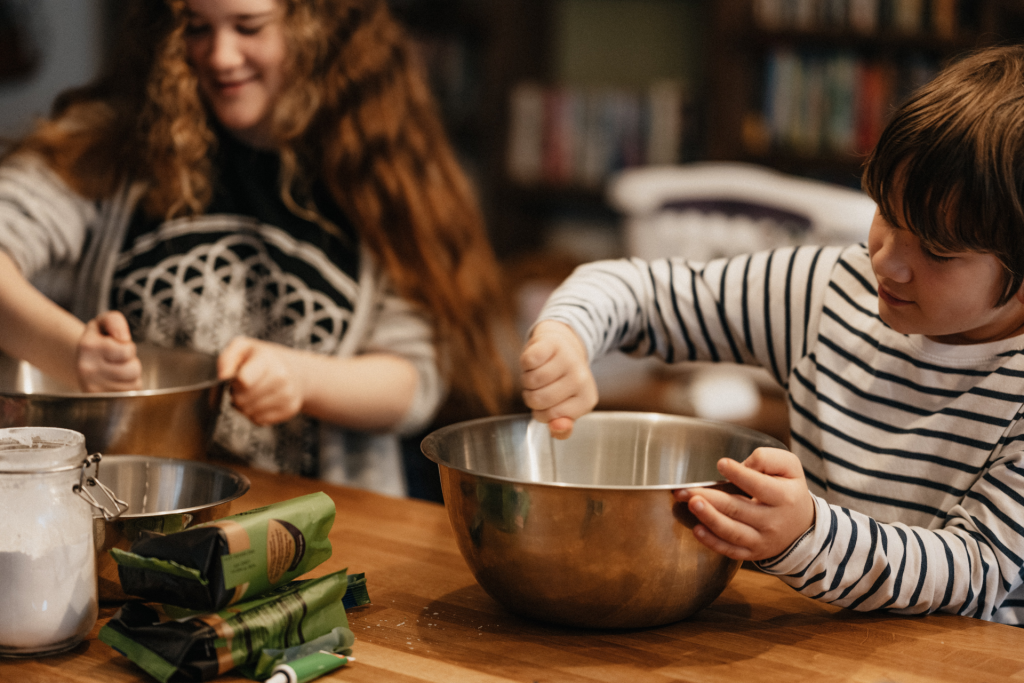
This year we have received lots of applications from families who are going to return to the system. We did not refuse them, as the safety of the children and families is fundamental. One of the decisions recently made in our discussions with the accreditation agency was to issue annual Certificates of Completion and assessment reports. They will be filled after standard testing, done by Filbrit, or an evaluation of the child’s portfolio, done by Cerehard.
We know that many of you have long been waiting for these “papers”, but deciding on their format took us time. Upon returning to the system, the children will present these assessment reports (NOT transcripts) and give the so-called “differences”, the tests corresponding to disciplines in the Romanian curriculum.
If Romania met the EQF (European Qualification Framework) standards, something that is pending for about 10 years, there would be no more “differences” and equivalency exams.
I remind you why Filbrit does the assessments: they have the necessary staff and time. In the following years, we are going to train our trainers as evaluators within the British system.
I return to the key question of “now what?” which parents frequently ask themselves after enrolling in Cerehard.
The first answer is to “relax and enjoy this time that has been given to you as a gift”. Then, consult the options of public courses, test Khan Academy, IXL, edX, Coursera and other educational platforms and online courses. In brief, step off the beaten path!
Look around for other Cerehard members and together do things that would otherwise have been impossible to even think of. Treat your children the way you wanted to be treated by your parents. Restore the family ties, play and learn with your children. You will discover that they know much more than you do.
Good luck in the new school year!
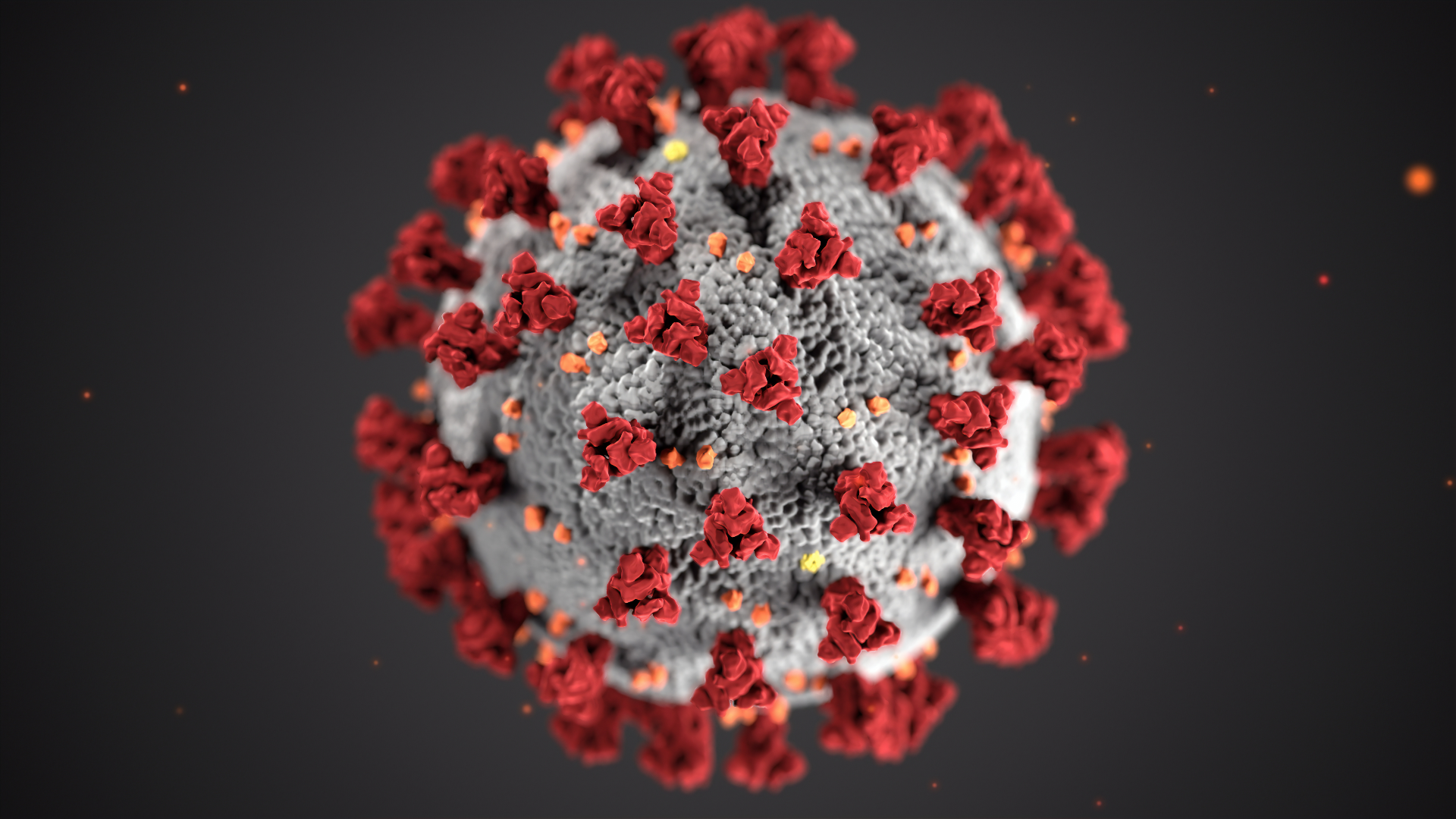
Given the horror stories circulating these days, I thought of reminding you of some of the things we have learned in school.
What is life? We do not know. However, to say that something is alive, it must fulfil seven functions (at once) – it must feel, breathe, grow/develop, reproduce, excrete, feed.
The cell is the smallest entity that has all those functions. For this, it has “organelles”, the equivalent of organs. The cell:
- feels (through membrane receptors);
- breathes (with the help of mitochondria. Do not confuse cellular respiration with pulmonary ventilation. The cell uses O2 to carry out metabolic processes and eliminates CO2 and free radicals);
- develops (with the help of genes encoding amino acids and of an entire synthesis apparatus where all stages of protein formation take place – endoplasmic reticulum, ribosomes, Golgi apparatus);
- reproduces (either by simple division, as in the case of tissues, or sexually, by gametes, eggs and sperm, that contain genetic material);
- excretes (though lysosomes);
- feeds (by use of the substances found at the mitochondrial level involved in metabolic cycles).
Think about the fact that around 3000 (bio)chemical reactions take place in every cell of your body. The same thing happens in bacteria and fungi found on the inside and outside of a body. Keep in mind that the number of bacteria and fungi exceeds that of the cells of a body.
All beings made up of at least several cells perform the functions listed above. Many beings have organs that mediate these functions – brain, lungs, heart, kidneys, liver, etc.
All these functions occur because there is a “database” inside the cell that provides the necessary information. This database is stored in the deoxyribonucleic acid (DNA) molecules, which are composed of sequences of nitrogenous bases. Three of such bases form a “codon”, which contains the necessary information for the synthesis of an amino acid.
Decoding the DNA sequence involves the ribonucleic acid (RNA) molecule that copies the codon sequence of the DNA then “translates” it into the amino acid within the ribosome (the organ discovered by Palade). Some people spend a lifetime studying “only” the replication processes, so vast is the field.
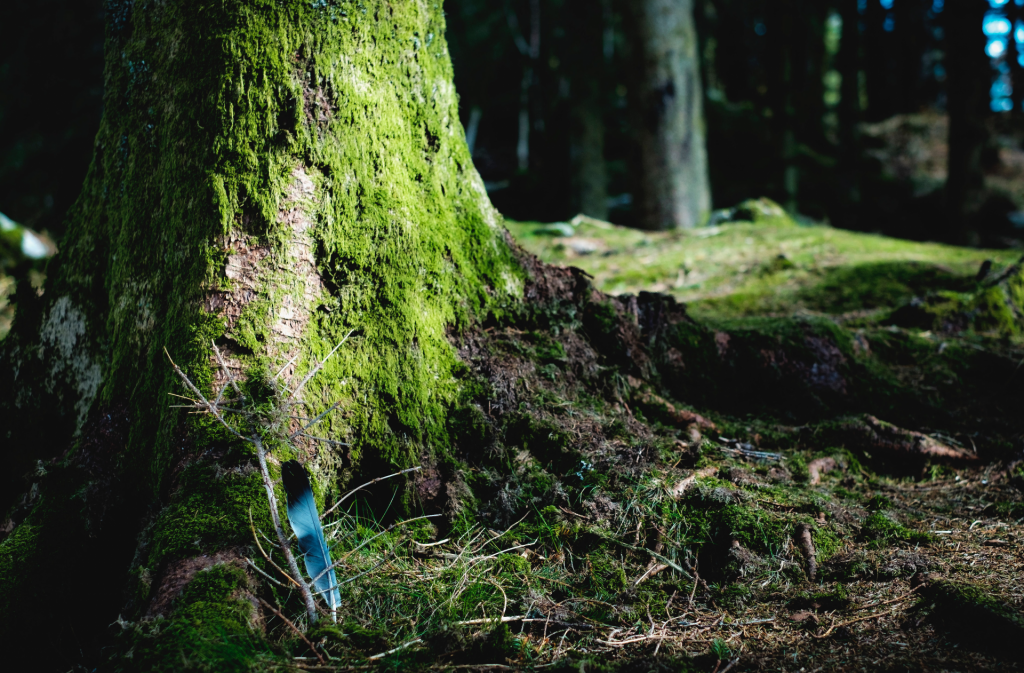
A virus cannot perform any of the seven functions listed above. It is a fragment of DNA or RNA (SARS-CoV viruses are RNA type of viruses) surrounded or not by a protein/lipid coating. Their origin is unknown, and their insertion into living cells is absolutely necessary for their “multiplication”. They enter into the cell through membrane receptors, the proteins that should also serve as “guardians” of the cell but which the viruses manage to “fool”. The viruses “dress up” in something that membrane receptors recognize as familiar. We, humans, carry a significant percentage of viral genomes in the genetic code since immemorial times. Sometimes they made our existence easier, other times they made a severe “selection”.
Coronaviruses have long been studied. The fact that SARS-CoV-1 and MERS disappeared just as they appeared pushed their research into the shadows. That happened because, within the scientific world, the money usually goes where an emergency occurs.
Coronaviruses have a coating of protein “thorns” that protrude from the surface of the lipid layer. These spikes have been “deciphered”. They are composed of 2 subunits. One serves to adhere to the cell membrane, and the other serves to couple with the cell receptor. The mechanism itself is extremely complex and involves a cell-specific enzyme that helps the virus in this operation.
The receptor to which the virus attaches is the angiotensin-converting enzyme (angiotensin-converting enzyme 2 = ACE2). That is a protease synthesised by the cells of the lung, intestine, liver, heart, vascular endothelium (the layer of cells lining the blood vessels), testicles and kidneys.
The dismantling of coronaviruses happens in the cytoplasm of host cells. That involves transcription and translation of information from their own RNA. It is, however, an incompletely elucidated process. All in all, the coronaviruses end up using the protein synthesis apparatus inside the cell. When enough viral molecules have been synthesised, they begin to assemble within the Golgi cellular apparatus. The antiviral drugs slow down or stop the synthesis of viral components at the cellular level.
What do viruses want from us? Practically, nothing.
We have entered this terra incognita of the wild beings, where natural selection happens, including through viruses. Our planet is not a friendly realm. Life is a game of elements (those in the periodic table) and molecules, coordinated by laws we have barely deciphered. The meaning of life is not the pursuit of happiness, but perpetuation and propagation through offsprings that adapt to any conditions.
The fact that some atoms of carbon, nitrogen, phosphorus and oxygen have once formed an information-bearing structure is part of this game that started almost 14 billion years ago when the first elements appeared – hydrogen and helium. That structure can be extremely small (viruses) or somewhat bigger (the genome of any being), but it is everywhere the same.
We, humans, are like galaxies through which small pieces of information circulate. Sometimes they wreak havoc. Other times they pass into another stage of the order we call chaos.